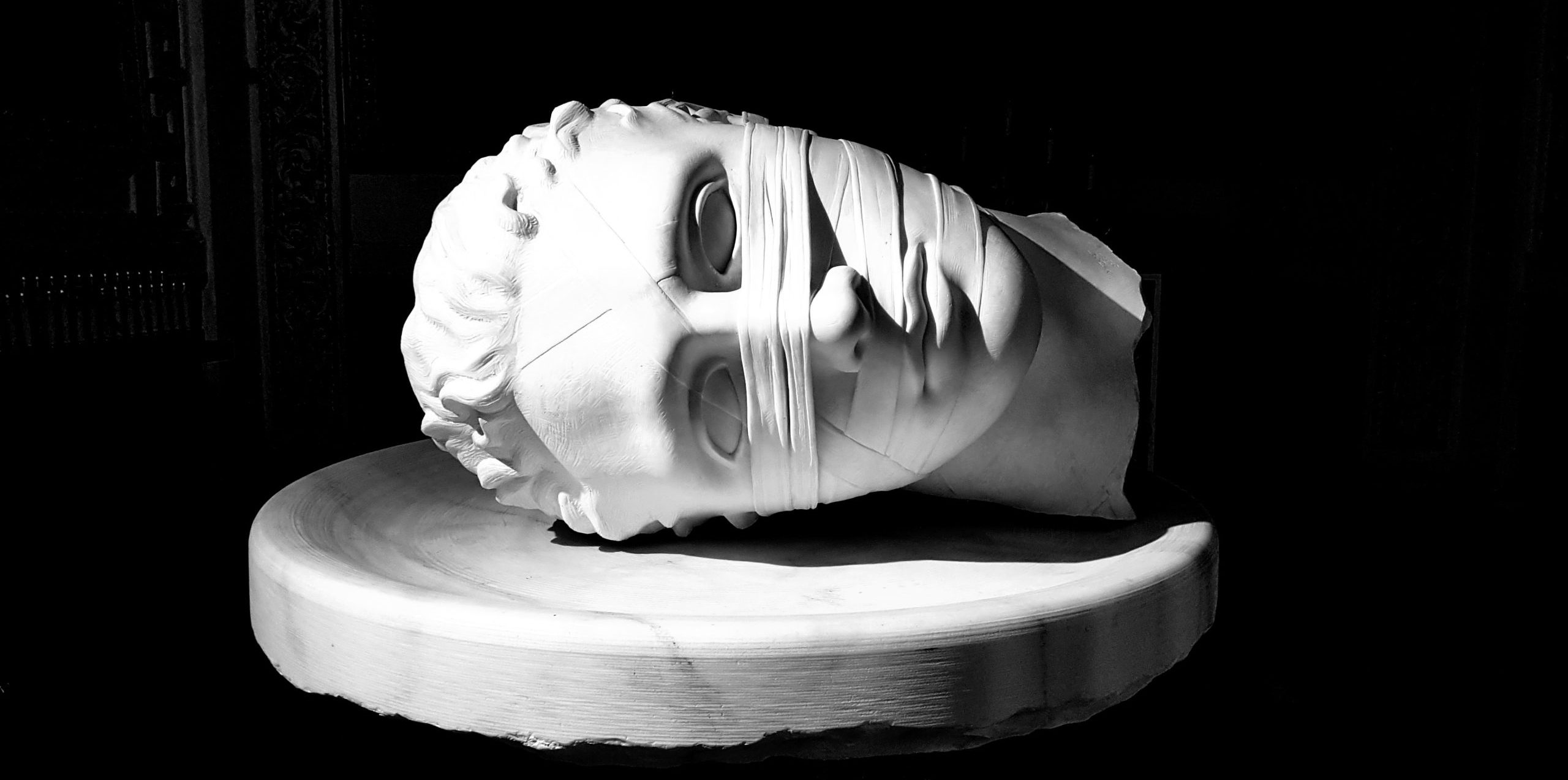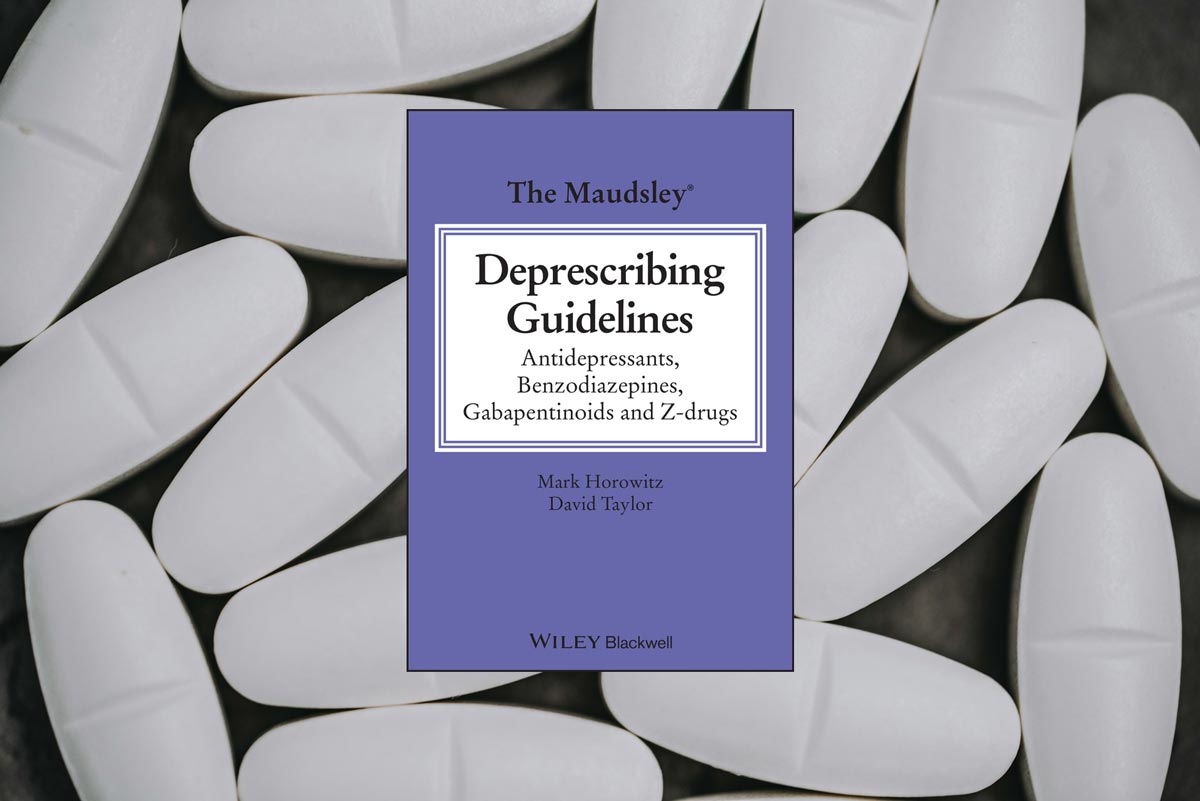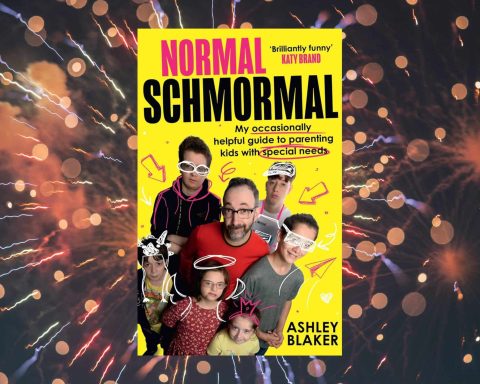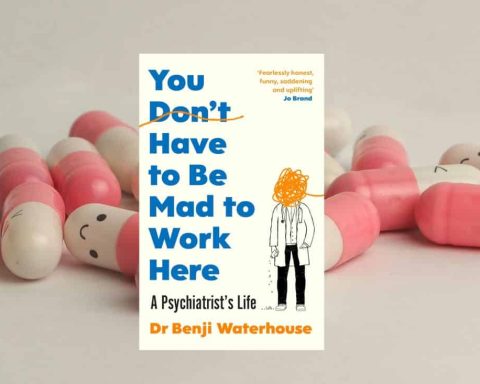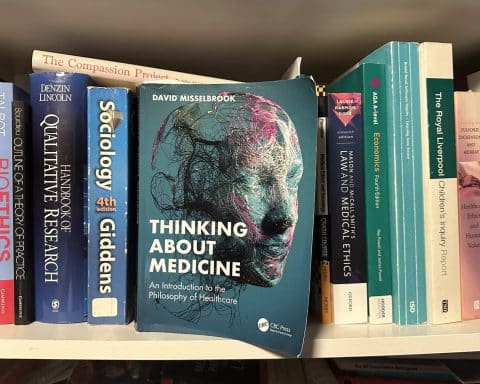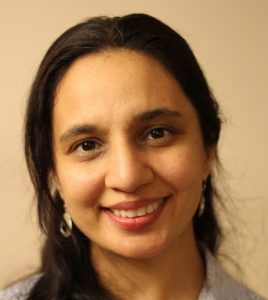
The Prescribing lifestyle medicine mental health and trauma course was something I cautiously signed up for one night after seeking an alternative day of study leave. Upon arrival, I was amazed at the gathering of surgeons, GPs and nurses alike, ready to hear Dr Gabor Maté , hosted by Dr Ranjan Chatterjee, discuss patient and physician trauma and healing.
As physicians we were encouraged to understand how modern medicine has its own ideologies and therefore biases. We were not being invited to join a belief system, rather acknowledge what we were already part of. The theory of compassionate enquiry has been expertly summarised by Hannah Milton in her recent review of Maté’s book1 so I aim to include some further reflections from the course.
Diseases are something which affect our whole lives implying they have something to teach us
We were not being invited to join a belief system, rather acknowledge what we were already part of.
Medicine cannot often account for the existence of what we cannot measure and therefore diagnoses are often seen as separate from the individual. This proves especially problematic when considering patient’s emotional experience. The rigidity of the ‘DSM’ criteria for mental illness contrasts with the everyday spectrum of mental health as one problematic example. The concept of ‘stress’ is another. Stress itself whether anxiety, physiological, grief or repressed anger is another unquantifiable element related to extent of disease, inflammatory processes and healing. It was sobering to listen to a surgical colleague relaying the experience of frustration when others in the surgical community dismissed the importantce of these factors when counselling patients.
There are 8 billion people in the world and we choose compassion to all but one – ourself …If we understand ourselves better we are giving ourselves and our patients a better chance of healing.
It was humorously pointed out at the course that when we perhaps don’t feel too important, we choose a job like medicine when our receptionists and pagers ensure we are wanted ‘all the time’. This can allow us to bury our internal needs by feeling externally in control supressing underlying unprocessed trauma. The process of compassionate enquiry is for us first and foremostly.
Firstly we combine normal human compassion with the compassion of understanding the ‘Why’. Later the compassion of recognition is applied where we acknowledge the same behaviours in ourselves as well as our patients and then we are afforded the practice of the compassion of truth where we can deal with whatever is churned up through therapeutic processes.
The compassion of possibility
This final point that I took away from the event seemed to shed light and hope. The emotional traumas and childhood scars that we may carry can be a ‘Pandora’s box.’ There is a worry that such potent processes could lead anyone to feel overwhelmed when considering a solution. Maté highlighted how the recognition and then acknowledgement that we have the skills to move past our internal barriers will help create new neuronal pathways. He reassuringly highlighted how even at the age of 80 he was experiencing the benefits of neuroplasticity and the body’s ability to create new pathways out of trauma.
Since the seminar I have found myself braver with patients and myself when it comes to asking deeper questions.
The real-life case studies and the level of vulnerability from the clinicians who shared allowed me to experience the humility and bravery needed to access one’s own trauma. I winced at the directness of the probing questions they answered more than once. The open acknowledgement of the overwhelm related to workload and the emotional exhaustion from burgeoning patient lists was concerningly rife and recognised by many as a health concern. Others shared heartbreaking stories of buried past abuse.
Since the seminar I have found myself braver with patients and myself when it comes to asking deeper questions. Although not wishing to pose as an unqualified counsellor, I am surprised at the ease at which one can move into deeper dialogue. Although constrained by a ten minute appointment. I now know what my patient with chronic back pain cannot say ‘no’ to, how my 90 year old patient can’t sleep for remembering her childhood, knowing I may be the only one who may ever have asked these things. Next time I hope to spend a further fraction of my tiny patient slot encouraging them to further consider how they carry their pain and what their next steps to recovery could be.
Featured course: The Prescribing lifestyle Medicine LIVE, Mental Health And Trauma With Dr Gabor Maté, course took place on 9th March 2024 in County Hall London, https://www.practiceunbound.org.uk/product/prescribinglifestylemedicine/event-plm [accessed 22/5/24]
Reference
Milton H, Book review: The myth of normal, https://bjgplife.com/mythofnormal/ [accessed 22/5/24]
Featured image by Peter Chiykowski on Unsplash

